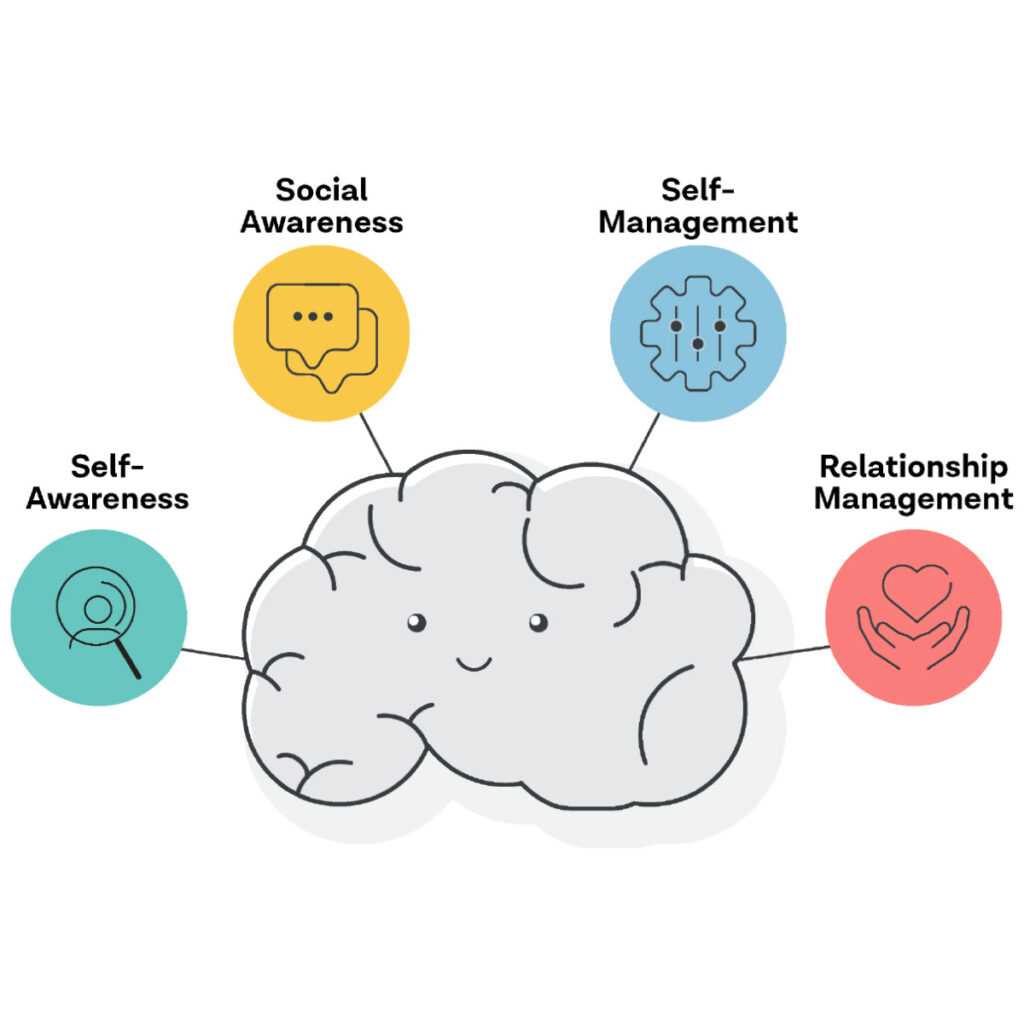Anxiety in Men
The stress of everyday living takes its toll on everyone. For some individuals, however, excessive stress may lead to complications, both physical and emotional. Perhaps the most common of these complications is generalized anxiety, which is estimated to affect nearly 7 million Americans.
By Mike Haskew
In addition to generalized anxiety, more than 19 million people in the U.S. are believed to experience related conditions, such as obsessive-compulsive disorder, panic disorder, post-traumatic stress disorder, social anxiety disorder, or a specific phobia. While women may be far more likely to acknowledge anxiety and seek treatment, men are often reluctant to do so.
Social Factors
Social factors play a major role in that reluctance, as men are often raised to shoulder responsibility, present a strong image, and persevere through difficult times with stoic resignation. Although obsessive-compulsive disorder and social anxiety disorder are reported in roughly equal numbers among men and women, approximately twice as many women as men seek treatment for generalized anxiety, panic disorder, post-traumatic stress disorder, or a specific phobia.
“Anxiety is a serious health issue for everyone,” comments Bud Ragan, a licensed clinical social worker in Chattanooga, “but men do experience unique problems. Men are raised to hide their fears and anxieties and to be strong. To show or share fear in childhood is not condoned in boys. In our current economic climate, stress in the workplace is tremendous; layoffs, plant closings, longer hours, pay cuts, and RIFs (reductions in force) are commonplace.
“At home, traditional roles for men and women have changed rapidly in the last 50 years,” says Ragan. “Many men are confused about what their place is in the family structure. Often, the man is no longer seen as the ‘breadwinner’ and the leader of the family. The husband and father may struggle with feelings of confusion and inadequacy. Blended families with stepchildren add to these insecurities. All of these situations lead to increased stress and anxiety in the modern American male.”
Symptoms
According to Dr. David Solovey, a local clinical psychologist who has been practicing for 30 years, the symptoms of anxiety vary with individuals. Symptoms may include nervousness, panic, fears, edginess, tension, feelings of unreality, and obsessing or stewing over major or minor issues, which can detract from the important areas of life, decrease overall efficiency, and be physically uncomfortable.
“Anxiety and stress-related disorders can be the source of many health-related issues,” says Solovey, “such as muscle tension, headaches, increased blood pressure, cardiovascular problems, sleep disruption, irritability, anger, and lower resistance to infection. Research has linked anxiety and stress to multiple problems, from cancer to bad breath and cavities. Untreated anxiety continually stresses the individual’s health system. Like a chain, continual pressure eventually causes the individual’s weakest health link to break.”
According to a recent study published in the Journal of the American College of Cardiology, in a sample of 735 middle-aged and elderly American men who were in good cardiovascular health in 1986, the men who scored in the top 15 percent on four different anxiety scales were 30 to 40 percent more likely to suffer a heart attack than the men with lower levels of anxiety. True enough, men experience fear, grief, work-related stress, low self-esteem, and other emotional struggles; however, their coping mechanisms may include withdrawal or certain high-risk behavior.
“Men often mask their anxiety with drugs and alcohol,” relates Dr. Solovey. “They can also avoid encountering stress by withdrawing, isolating themselves, and over-involvement with media, such as music, movies, the Internet or electronic gaming.”
Recognizing Anxiety & Seeking Help
For many men, the recognition of personal anxiety that may require professional help is elusive. Reverend Andrew Gee, an ordained minister and pastoral counselor who has been practicing for 20 years, sees more similarities than differences in the causes and symptoms of anxiety among men and women. However, he also recognizes that some circumstances are more generally related to the male.
“I think one of the most significant factors in a man’s way of recognizing and seeking help for anxiety is the belief that he has to be self-contained, self-controlled, self-sufficient,” relates Reverend Gee. “It is a function of our culture’s tendency toward an excessive expectation of individualism, especially with regard to men. For a man to think he has to be the sole breadwinner – which now he seldom is – a competitor against all his peers for achievement and success, a performer on the job and in bed – and he has to do it alone, without understanding or help from others – is a high anxiety and lonely existence.
“A man will try just about anything to relieve the anxiety, frequently in obsessive-compulsive thoughts and behaviors,” Gee says. “He will ruminate over problems, dither over decisions, procrastinate, turn to nicotine, alcohol, other drugs, risky behavior or sex to try to relieve and manage anxiety. Nothing ever quite does the trick.”
How to Treat Anxiety
Anxiety in men not only affects the individual, but also impacts the entire family. However, effective treatment is available and heightened awareness of its benefits may well allow anxiety sufferers to regain more normal daily function. Physicians will often prescribe anxiety medications, called “anxioletics,” or antidepressants to treat the symptoms of anxiety, while other treatment options are productive as well.
“Psychotherapists typically address learning tools to self-soothe, such as relaxation training and meditation,” adds Dr. Solovey. “Cognitive therapy techniques help redirect our perspective that can cause us to misperceive or overreact. Therapists can also help identify some historical sources of the anxiety to direct and coach the individual with intervention strategies.”
The combination of medications and psychotherapy may prove to be most beneficial in the treatment of anxiety, and the prognosis is excellent for those who get help.
“The most common form of psychotherapy used to control anxiety is cognitive-behavior therapy,” explains Ragan. “CBT teaches patients to change the way they think about anxiety-causing situations and also helps them to change or avoid behaviors that create anxiety. Ideally, medications can be reduced and eventually stopped with the techniques learned in therapy, allowing the patient to return to a happy, productive life without them. Unfortunately, anxiety can be a chronic condition, and medication and psychotherapy may have to be maintained for an unspecified period of time. This varies with the individual.”
Recognizing the causes and symptoms of anxiety is the first step in recovery, and men must meet the specific challenges directly. “A man frequently will not seek help until he is desperate: about to lose his job, his marriage, his children, his health, or his freedom due to legal issues,” concludes Reverend Gee. “If a man could recognize the manifestations of anxiety in himself, and reach outside himself for assistance, he might begin making progress sooner. But, you know the old stories about men asking for directions!”
While men sometimes suffer in silence, such an ordeal is unnecessary. The stigma attached to emotional issues in men is hopefully diminishing, and for many, in due course, uncontrolled anxiety may become a thing of the past.
Mike Haskew is a graduate of the University of Tennessee at Chattanooga and holds a degree in history. He is a native Chattanoogan and is currently Executive Vice President and Chattanooga City President for Cohutta Banking Company.




